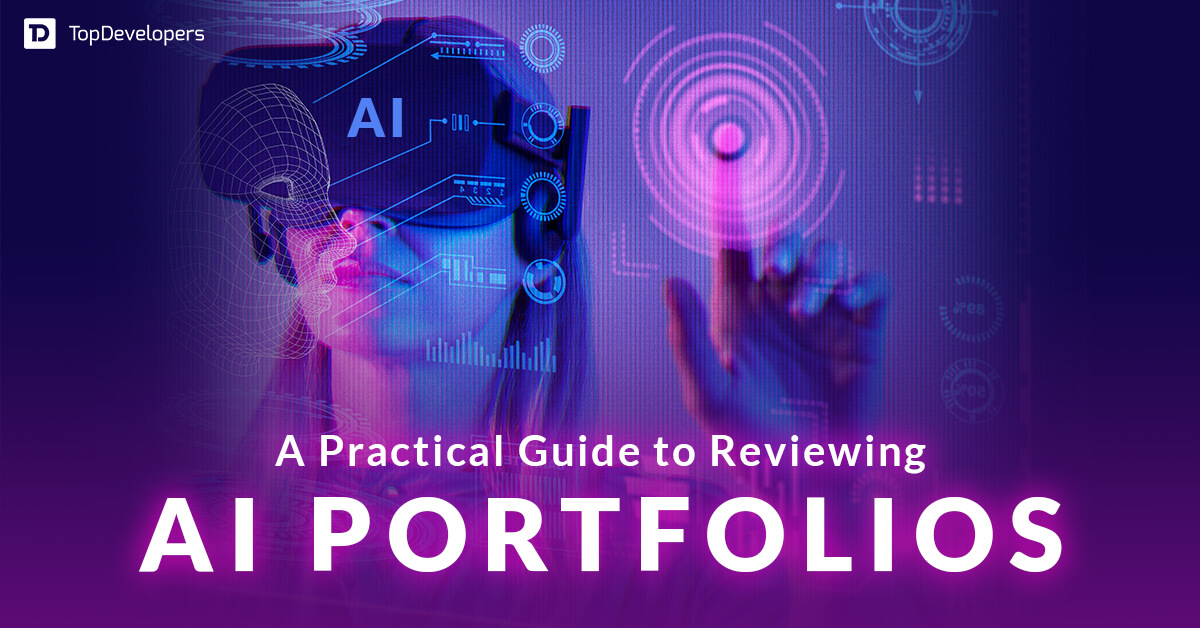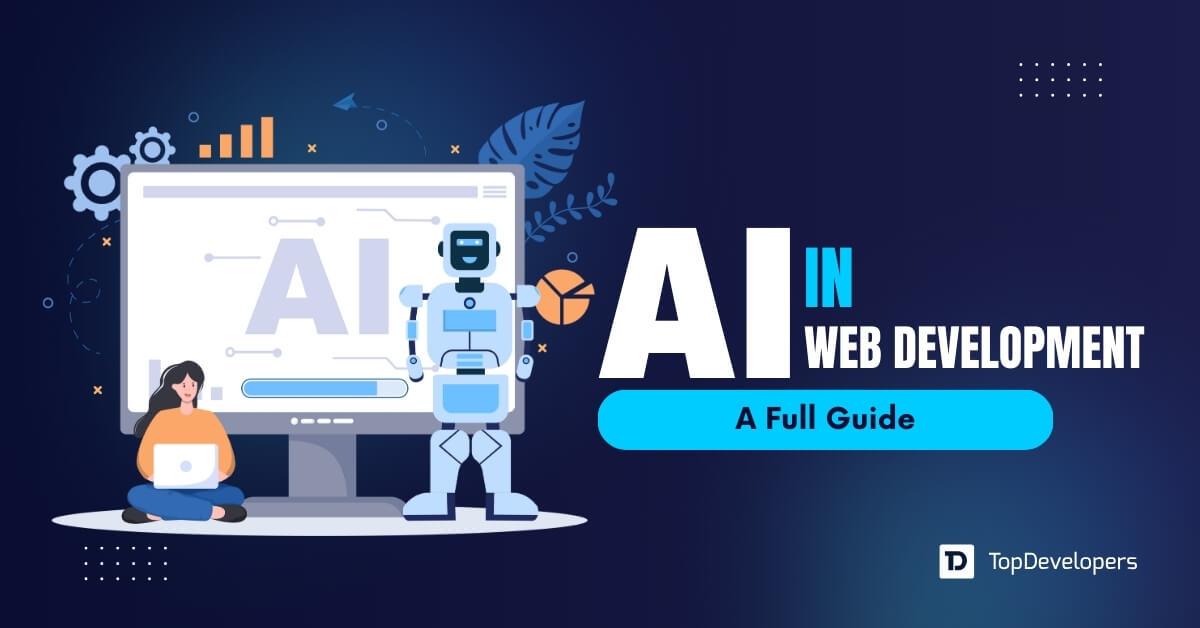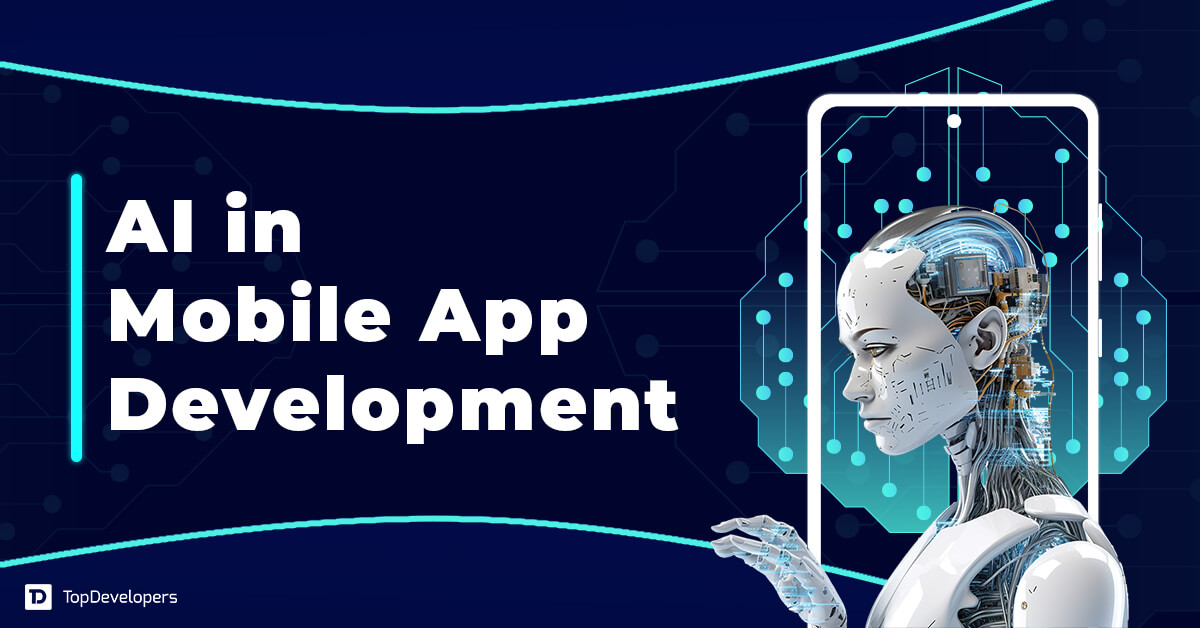
Generative AI has moved beyond being a technological trend. It has become a transformative force across industries. Business leaders, product owners, and startup founders are no longer experimenting with Generative AI. They are actively seeking ways to use Generative AI in their business such as products, operations, and customer experiences. This shift has fundamentally changed what businesses expect when they initiate a software development project.
Today, clients are not simply asking for a working application. They want software that is intelligent, fast to market, aligned with their strategy, and able to adapt to changing needs. In this article, we’ll explore how generative AI is driving these new expectations and what businesses should look for in a software development company to meet them.
Table of Contents
- What Businesses Expect Today — and Why It Is Different?
- How Businesses Should Rethink Their Software Development Needs?
- How Generative AI Can Transform Your Product?
- Top Questions to Ask Your Software Development Company in the Generative AI Era
- Conclusion: What to Expect from Modern Software Development
What Businesses Expect Today — and Why It Is Different?
The following areas represent the most noticeable shifts in client expectations for software development projects.
Intelligent Features Are Becoming Standard
What used to be impressive is now standard. Business clients expect their software to provide value beyond the core functionality. They want it to assist users, learn from behavior, and create content or insights in real time.
Examples of commonly requested features include:
- AI chatbots that can answer user queries using the company’s own documentation
- Smart search that understands human language and intent
- Personalized dashboards that adapt to user roles and activity
- Automated content generation for reports, emails, and notifications
The shift is not just about convenience—it’s about competitiveness. If a competitor’s platform can guide users through onboarding or handle Tier 1 support questions automatically, clients expect yours to do the same.
For example, Intercom’s AI chatbot “Fin”, trained on a business’s own support content, has significantly reduced support ticket volume for businesses while increasing user satisfaction. These capabilities are no longer reserved for enterprise giants—they are expected in SMB and startup software as well.
Faster Time-to-Market
The availability of AI tools like GitHub Copilot, low-code platforms, and automation assistants has changed how long businesses are willing to wait for a working product.
In the past, a custom software development project might span six months or more to reach MVP. Today, many startups expect to launch a working prototype within one to two months, and begin iterating from there. This shift is largely due to:
- Increased familiarity with AI-generated code and auto-documentation
- Awareness that experienced teams can automate repetitive engineering tasks
- Pressure to test ideas and secure investment faster
According to McKinsey, AI can improve software development efficiency by 35 to 45 percent. Business clients interpret this as a real opportunity to reduce delivery timelines without compromising on quality. Software development companies are now expected to bring this efficiency to every project.
AI-First UX Expectations
Users are interacting with AI daily—through personalized playlists, auto-suggested emails, and conversational assistants. These experiences are shaping how clients want their own products to behave.
Instead of static forms and step-by-step checklists, clients are asking for:
- Conversational onboarding flows
- AI-powered assistants built into dashboards
- Predictive interfaces that anticipate user actions
- Dynamic content blocks based on user preferences or data
Take Notion AI as an example. Users can generate entire documents, rewrite notes, or ask questions about their workspace. This has redefined the user experience, and clients expect their own platforms to deliver that same fluid, responsive feel.
For a business building a knowledge base, for instance, it’s no longer acceptable to offer only a search bar. Clients now want a chatbot that can summarize articles or provide answers based on user queries. These shifts reflect a broader move toward intuitive, intelligent, and self-serve digital experiences.
Strategic Input, Not Just Execution
Another major change is that businesses are not just looking for a vendor to build their idea. They want a strategic partner who can help them refine it.
The conversation has shifted from “Here is what we want—can you build it?” to “This is our goal—what can we build with Generative AI that makes it better, faster, or smarter?”
Clients are now asking:
- Can Generative AI reduce our support costs or onboarding time?
- Can we personalize the experience based on customer history?
- Should we train a custom language model using our internal data?
- Can Generative AI help us discover new revenue streams within our platform?
Software development companies must now be able to offer advice, not just delivery. They need to stay current on AI trends, evaluate real use cases, and match solutions to the client’s business goals.
How Businesses Should Rethink Their Software Development Needs?
As client expectations evolve, so too should the criteria used to select a software development company. The right partner today is not just a group of engineers. It is a team that understands how to use AI as a lever for growth, efficiency, and innovation.
Here is what to look for:
- Teams that are familiar with AI software platforms like OpenAI API, LangChain, Pinecone, and Hugging Face
- A history of building products that involve chat interfaces, embeddings, personalization, or predictive analytics
- A consultative process that includes workshops, AI-readiness assessments, and user experience design thinking
- A willingness to prototype quickly and show early value using AI tools before full-scale development
Choosing a software development company that brings AI knowledge to the table allows businesses to uncover opportunities they might not even have considered—like automating internal processes, creating dynamic pricing engines, or transforming static content into interactive tools.
How Generative AI Can Transform Your Product?
Generative AI is not limited to one feature or functionality—it can be applied across the entire software development lifecycle.
Here are ways it can transform your business software:
AI-Generated Content
- Automate product descriptions, emails, reports, and support responses
- Use templates that adapt to tone, language, and user behavior
- Save time while ensuring consistency across communication channels
Conversational UX
- Add intelligent chat interfaces for support, onboarding, and search
- Let users interact with your product through natural language instead of complex menus
- Increase engagement and reduce time-to-value for new users
Predictive Intelligence
- Surface upsell or cross-sell suggestions in real time
- Detect churn risk based on user behavior patterns
- Automate workflows based on likelihood of user actions
Case Example: A B2B SaaS platform reduced its onboarding time by 50 percent after integrating a chatbot that walked users through the setup process using its existing documentation. The result was a faster activation rate and a 20 percent boost in trial-to-paid conversions—without adding headcount to the support team.
This is just one of many examples where generative AI creates measurable business outcomes when applied strategically.
Top Questions to Ask Your Software Development Company in the Generative AI Era
To ensure the software development company you hire is equipped for this new era, ask the following questions during your evaluation:
- Can you help us define an AI strategy, not just implement Generative AI features?
- Have you worked with APIs from OpenAI, Anthropic, Google, or other large language model providers?
- Do you understand the privacy and compliance risks that come with Generative AI integration?
- Can you build prototypes that include AI-powered UX before full development?
- Do you have experience training AI tools using proprietary or industry-specific data?
These questions will help you separate partners who are truly future-ready from those who are only catching up.
Conclusion: What to Expect from Modern Software Development
In 2025 and beyond, software is no longer just a solution—it is a smart, responsive, evolving product that supports business growth and customer experience. As a business, you should expect your software development company to:
- Understand your market and business goals
- Apply Generative AI intelligently across feature design, UX, and operations
- Deliver faster by leveraging modern development workflows and automation
- Bring strategic ideas to the table, not just code
At TopDevelopers.co, we work with trusted software development companies that are already helping clients use Generative AI to move faster and compete smarter. If you are planning a new software initiative, explore our curated lists to find your ideal software development partner.
 Gillian Harper
| Apr 1, 2025
Gillian Harper
| Apr 1, 2025
A professionally engaged blogger, an entertainer, dancer, tech critic, movie buff and a quick learner with an impressive personality! I work as a Senior Process Specialist at Topdevelopers.co as I can readily solve business problems by analyzing the overall process. I’m also good at building a better rapport with people!


